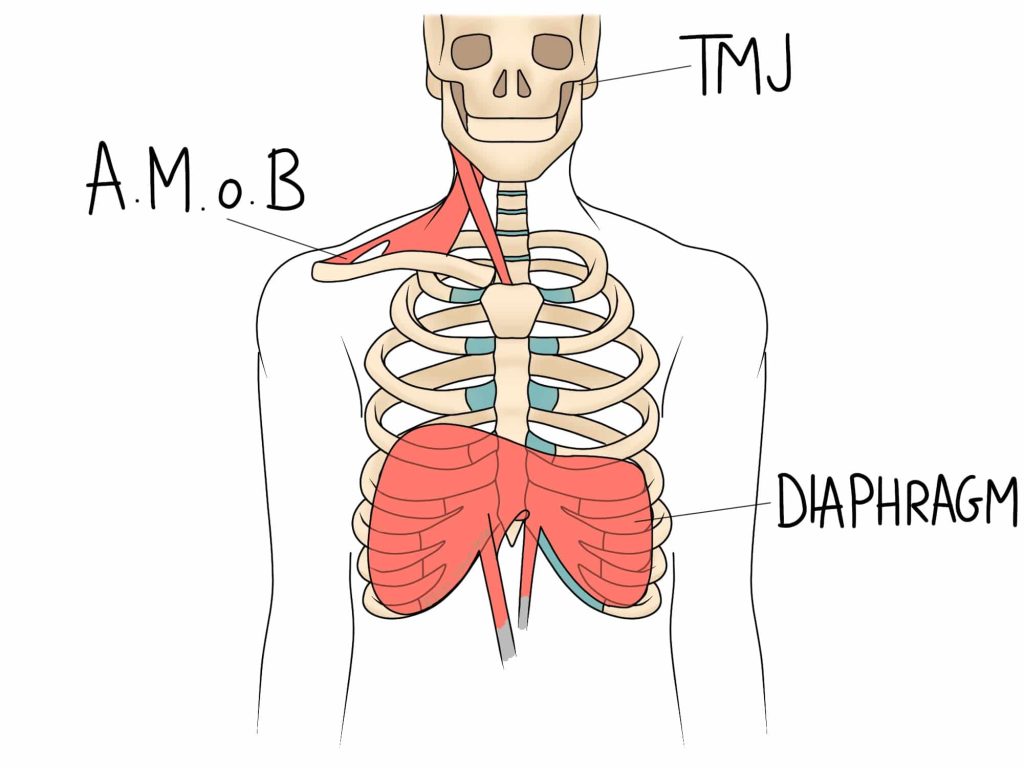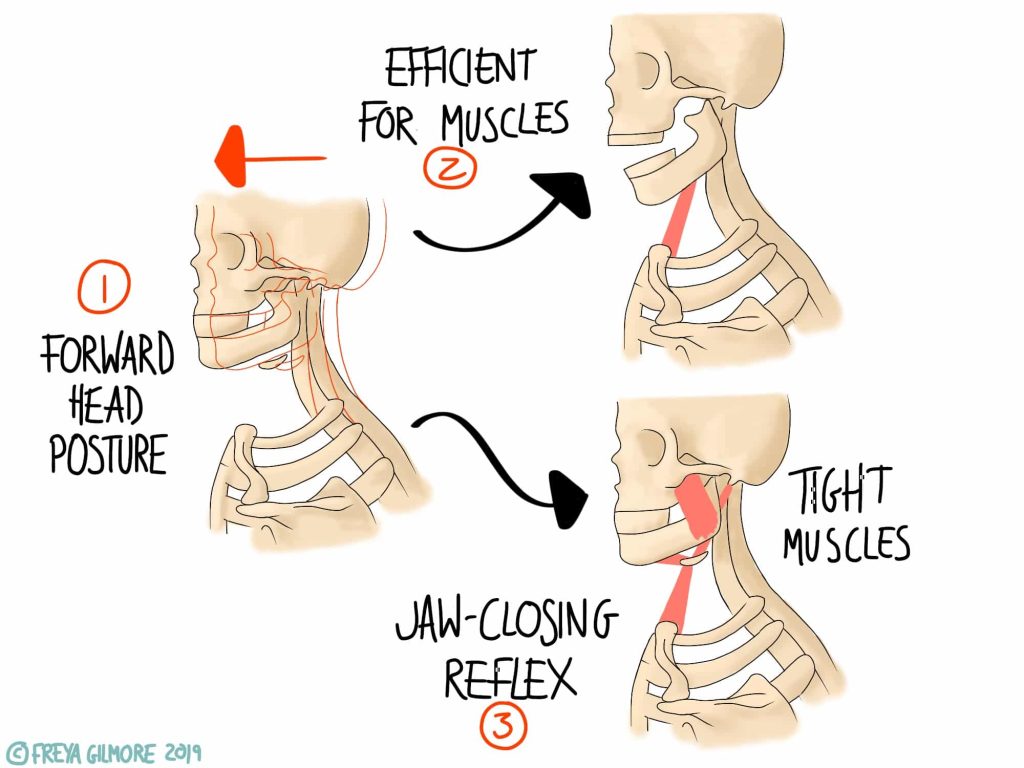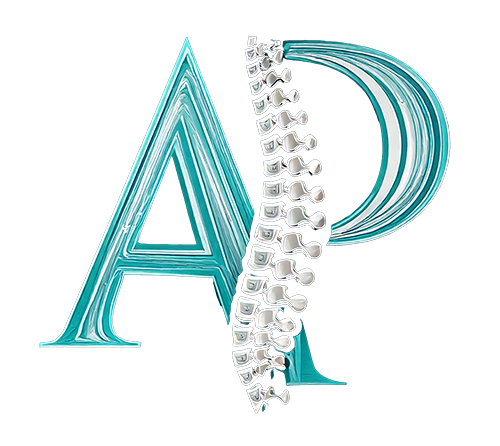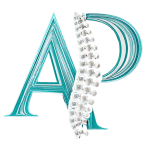Tension
How do stress and tension affect the musculoskeletal system? Some people are aware of tightness in their shoulders before they even register that they are stressed. Others say they hold their stress in their hips. Whatever the case, there are some muscular effects of of tension that we see frequently in clinic.

Breathing under Stress
A common change to breathing in times of stress is to “upper rib breathe”. This means the abdomen is no longer moving as it should, and the so called “accessory muscles” of breathing (AMoB) in the shoulders are over-recruited. The body copes quite well with this in the short term, but if it goes on for too long it can cause all sorts of aches and pains.
People often don’t notice when they’re upper rib breathing, so this can go on for quite some time undetected.
The diaphragm
It’s easy to forget that the diaphragm is just another muscle. It attaches to the bottom of the rib cage, all the way around, and its role is to move to inflate and deflate the lungs. But just like any other muscle, it can become tight and restricted. Of course, you still need to breathe, so other muscles take over. These muscles are not cut out for this kind of work, so they get sore. This can manifest as transient or recurrent aches around the upper back and shoulders. For anxious people, these strange aches and pains can cause more stress, and the cycle continues.
Breathing exercises and hands on treatment can make a start to improvement to the flexibility of the diaphragm and provide some reassurance. We can look at the relationships between all of these areas and get everything moving again, but the stress management is up to you!
Tension and the Jaw
Along with changes to breathing, another common response to stress is teeth grinding. This can happen without you realising at all, or you might start noticing a tight feeling around the jaw. Both an osteopath and a dentist can help you here.
In times of tension, you may also subconsciously change your posture, adopting a more hunched position. This can be directly related to stressful computer work or more of a change in body language. Either way, they can both affect the jaw as shown in the diagram below.

That change of posture makes the jaw want to open, but most of us won’t walk around with an open mouth. This means those same muscles that overwork with tooth grinding have to overwork to keep the mouth shut.
(Not just Tension) Headaches
Combined changes in head position and tightness through those accessory muscles of breathing means a lot of change around the neck.
All these changes in the neck can cause another problem! Cervicogenic Headaches (CHGs) are headaches that originate in the neck, from irritated nerves or tight muscles. Alongside the tightness caused by stress itself, changes in breathing can cause overuse of smaller muscles in the neck and shoulders. Either of these causes could lead to a CGH.
Tension-type headaches (TTH) are different, but often confused with cervicogenic headaches. One key difference in their symptoms is that TTH are typically a generalised ache on both sides of the head, whereas CGHs tend to stay on one side.
If you feel that tension is causing your aches and pains, make an appointment to address it.

